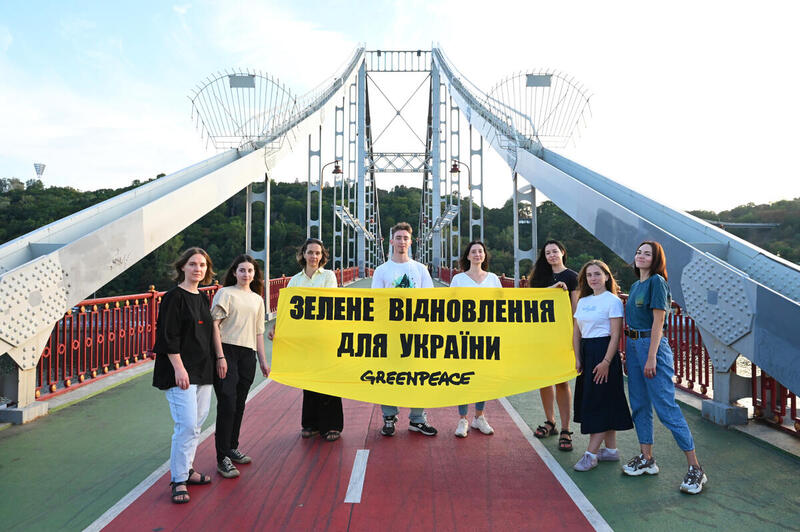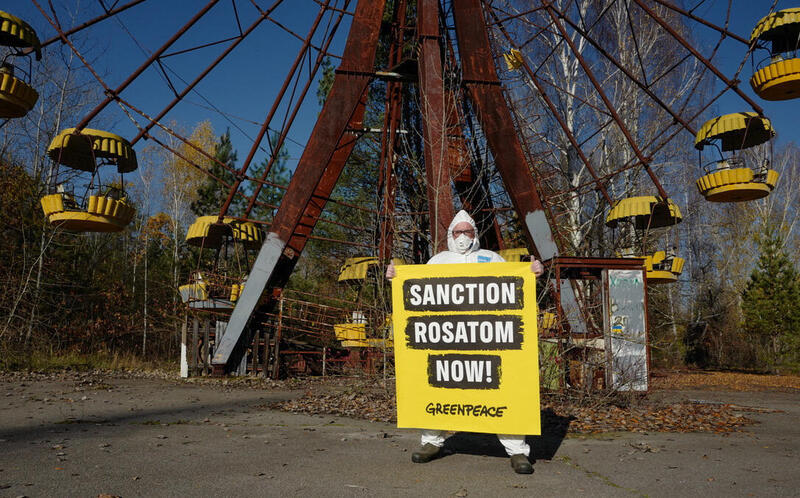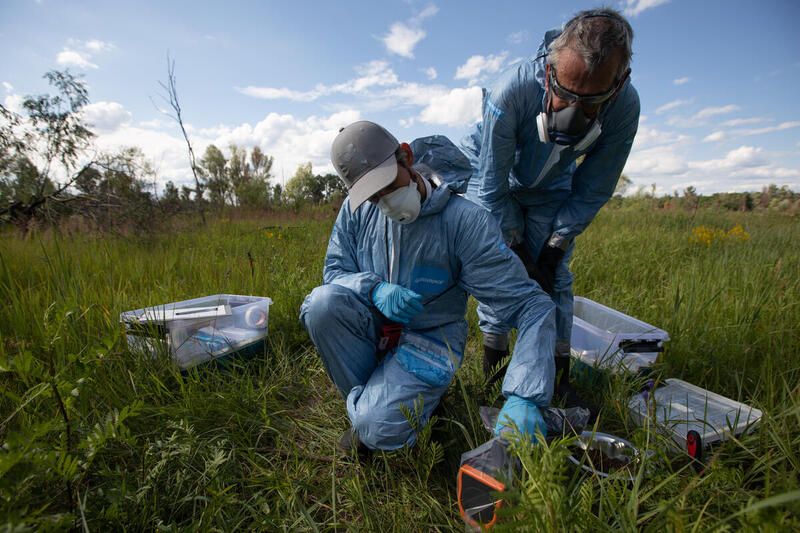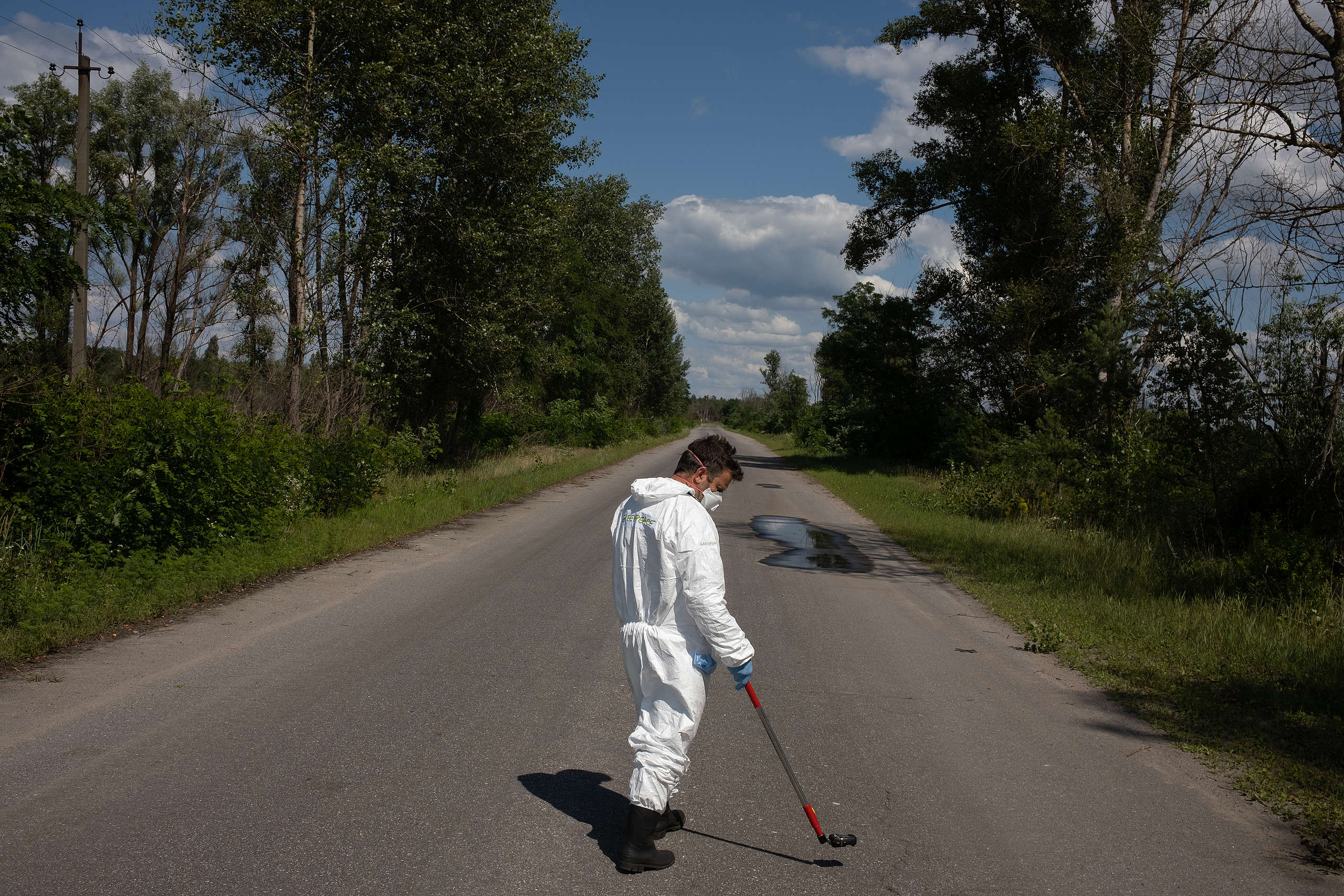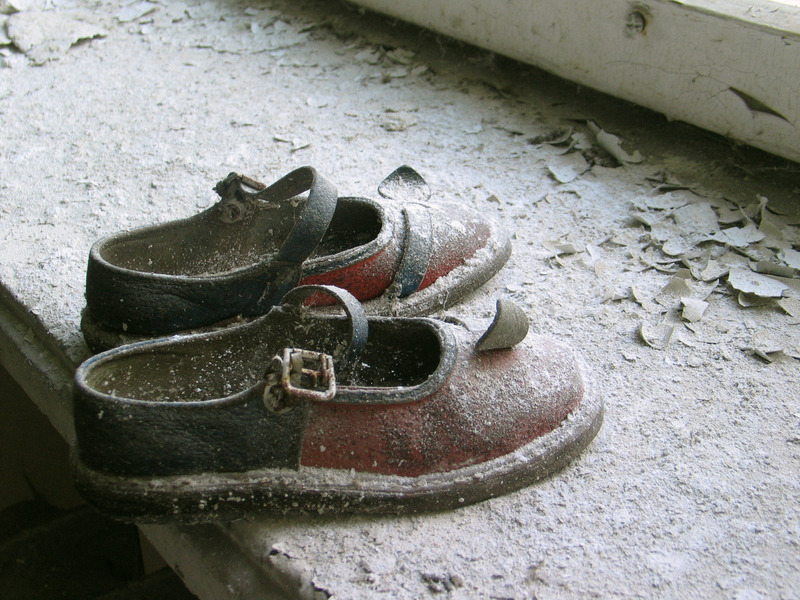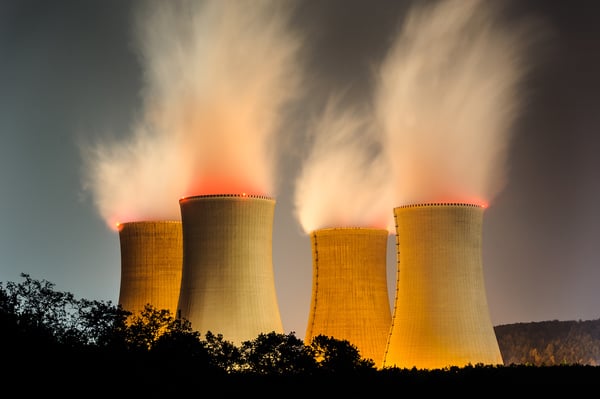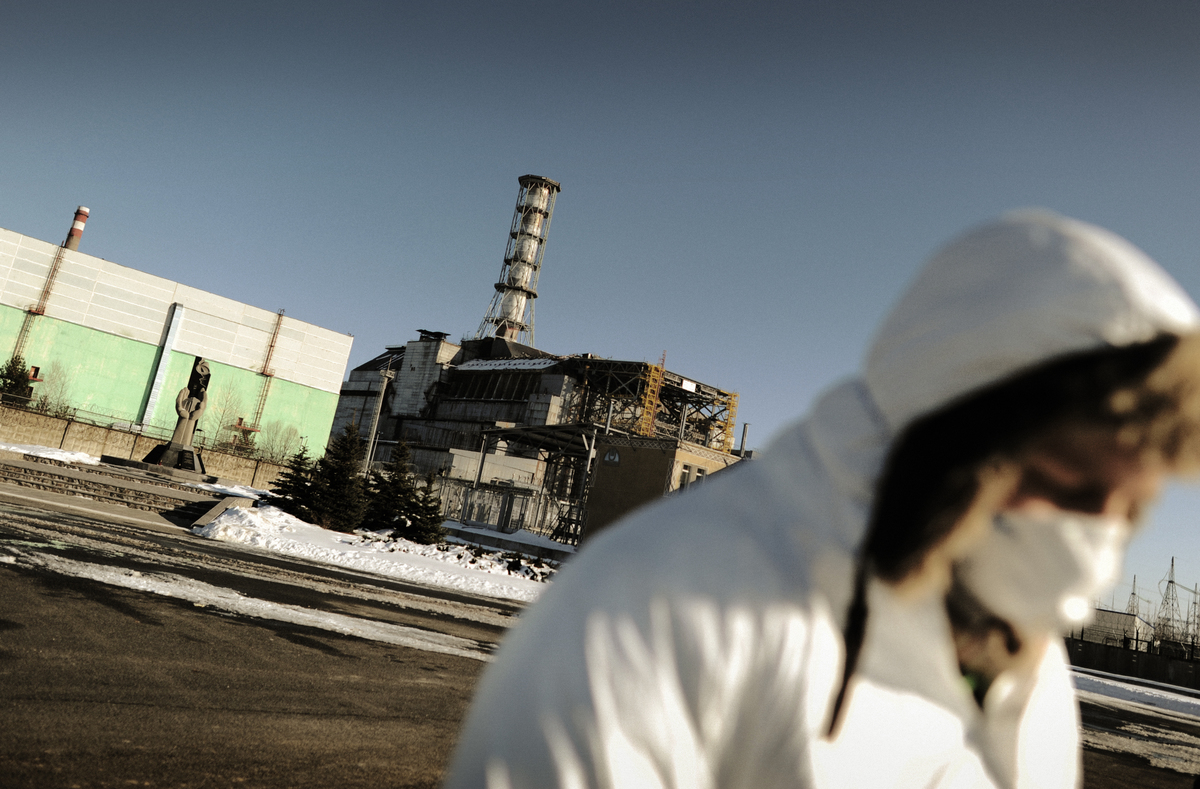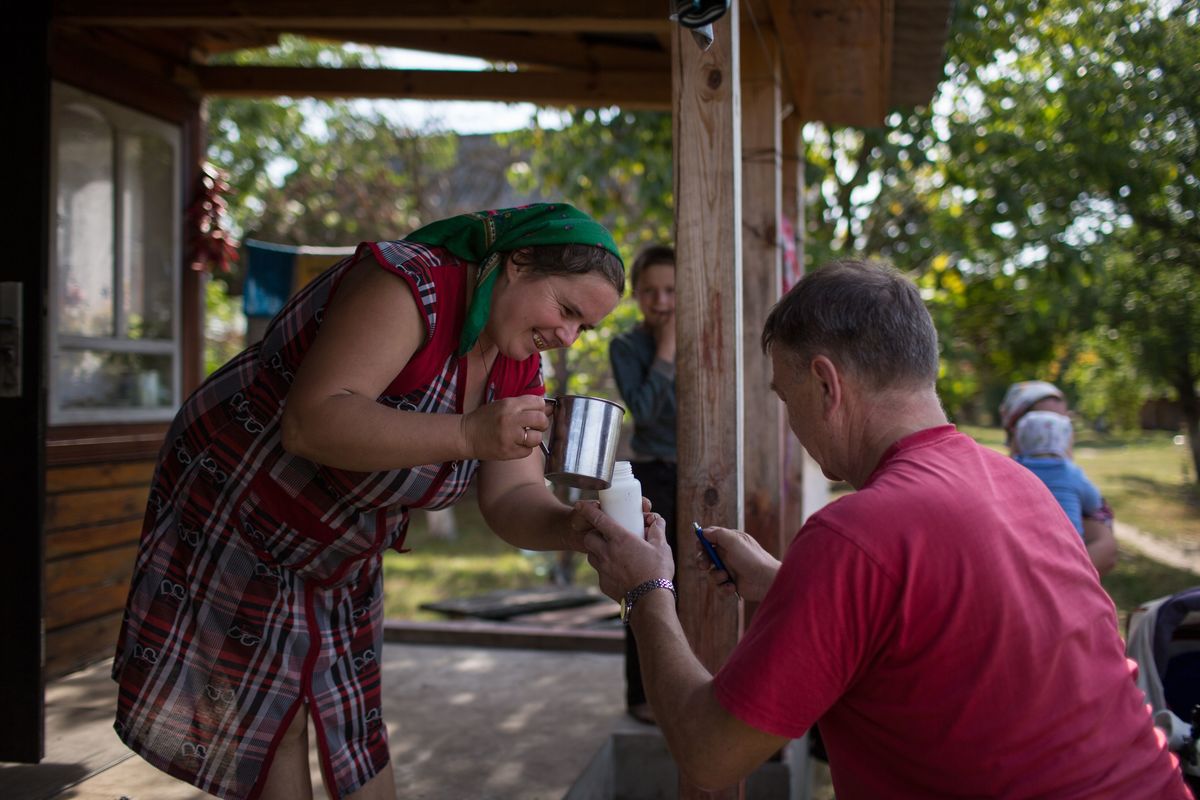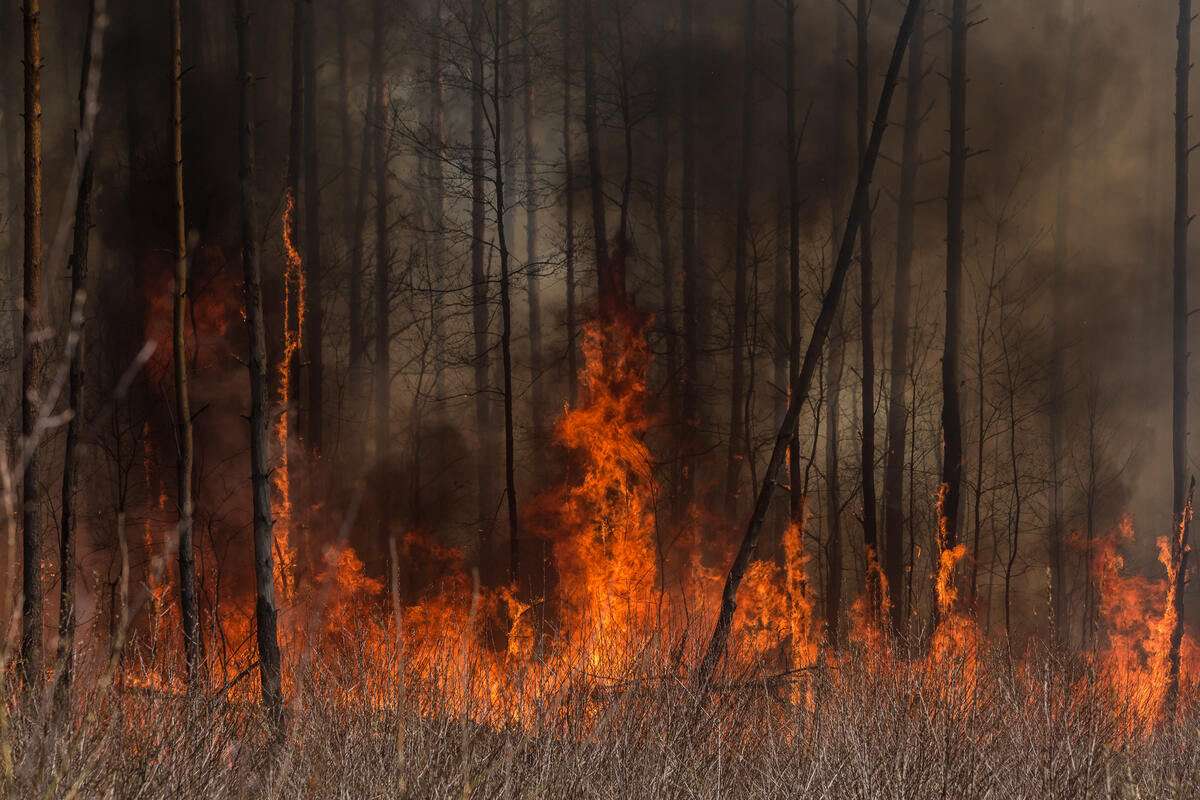News & Stories
Filtered results
-
Greenpeace opens new office in Kyiv, Ukraine
“Proud” and “hopeful” moment; the newest Greenpeace office will focus on fighting crimes against nature and driving green reconstruction
-
Grim nuclear anniversary: Zaporizhzhia must not repeat Chornobyl
Chornobyl is one of the most recognised synonyms for disaster in the world. Its legacy is a universal reminder of the horrific consequences of nuclear power when things goes wrong. But with Russian military and government presence at the Zaporizhzhia nuclear power plant, history risks repeating itself.
-
Greenpeace investigation challenges nuclear agency on Chornobyl radiation levels
Radiation levels in areas where Russian military operations occurred were found to be at least three times higher than the estimation by the International Atomic Energy Agency (IAEA).
-
Greenpeace radiation investigation at Chornobyl to assess accuracy of IAEA data
Near the ruins of the Chornobyl nuclear power plant, radiation experts are examining abandoned Russian positions for radioactive contamination.
-
Chornobyl: Putin’s war in Ukraine renews nuclear dangers and memories of 1986 disaster
Tuesday 26 April marks the anniversary of one of the most significant events in the history of Ukraine and all of Europe.
-
Interactive map and new risk analysis reveals severe hazards at Ukraine’s nuclear plants caused by Russian invasion
The extent of the nuclear threat posed by Vladimir Putin’s illegal invasion of Ukraine is unprecedented, new Greenpeace International mapping and technical analysis shows.
-
New analysis on severe nuclear hazards at Zaporizhzhia plant in Ukraine – only solution is immediate end to war
Russia's invasion of Ukraine poses an unprecedented nuclear threat, according to analysis on severe hazards at Zaporizhzhia nuclear power plant.
-
Do we need a new Chornobyl?
Ranked as the worst nuclear disaster to date, Chornobyl is a quarter of a century older than Fukushima. But it still presents challenges that authorities haven’t figured out how to address.
-
Chernobyl still burns
2020 saw the biggest fires recorded in the Chornobyl exclusion zone to date, one of the largest wildlife areas in Europe. The area will take years to recover.

